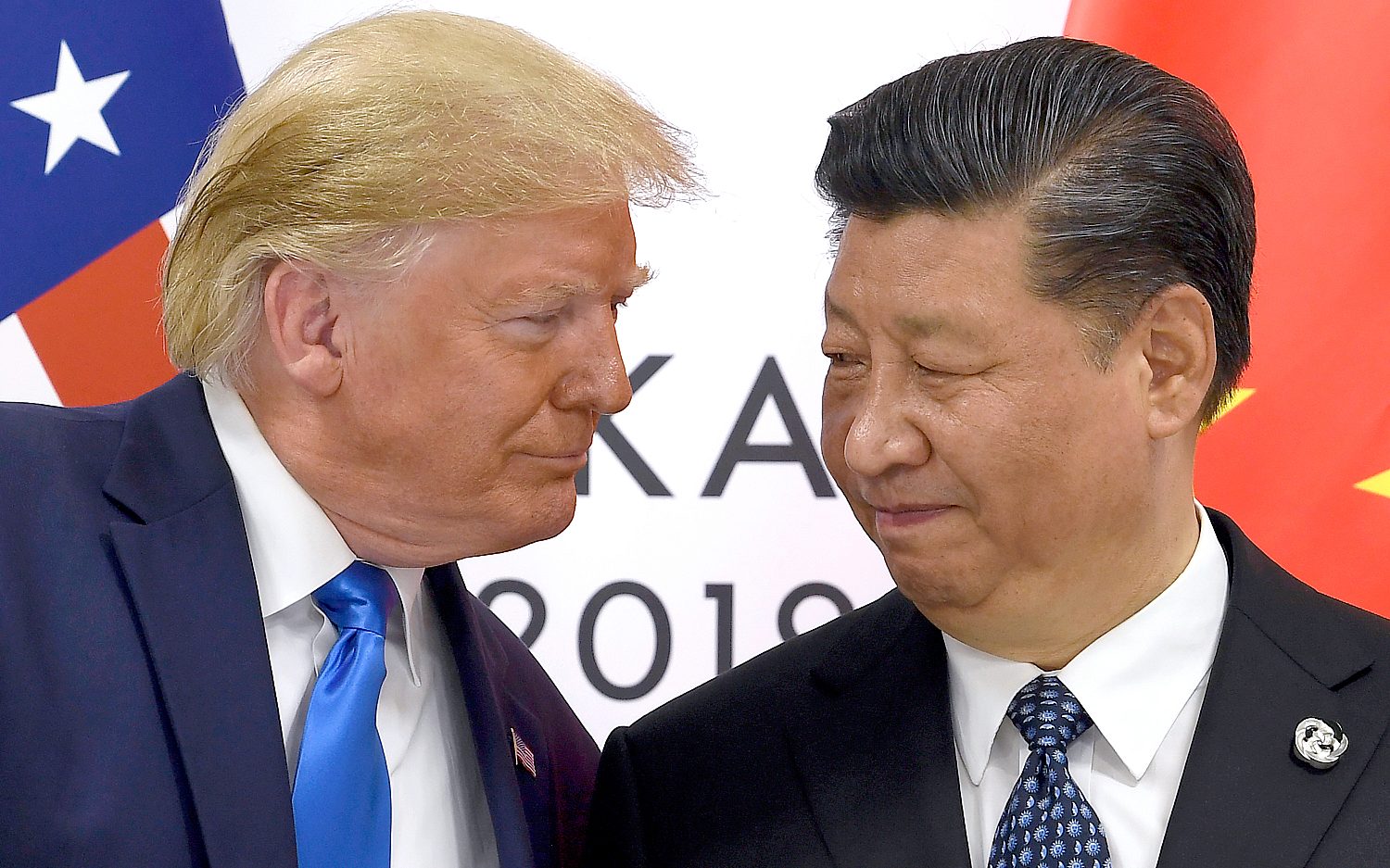Egypt moves to restrict NGOs, silence opposition
Nearly 50,000 Egyptian nongovernmental organizations would face limits on their activities
Egypt’s Parliament on Tuesday approved a new law that would give state officials more regulatory powers over nongovernmental organizations.
Rights groups have condemned the pending law, which is still awaiting the president’s approval, as the government’s latest move to hinder all forms of opposition. The bill’s dissenters have warned the legislation would obstruct the work of nearly 50,000 NGOs across the country.
The law would mandate the government set up a regulatory committee of defense and intelligence officials. NGOs would need the committee’s permission to conduct field research or surveys, open new offices, and even receive funds or cooperate with foreign organizations. Under the law, NGOs would have to carry out activities that “agree with the state’s plan, development needs, and priorities.” Groups that failed to abide by the provisions could face up to five years in prison or receive a fine of up to $55,000.
“The operation of local development associations throughout Egyptian villages and hamlets, which provide services to local residents, will become nearly impossible,” opposition parties and civil society organizations said in a joint statement.
Haitham el-Hariri, one of few lawmakers opposing the bill, said Parliament is filled with the present regime’s supporters, who rushed the drafting process and criticized those who opposed it.
“The State Council had reservations concerning 23 out of 89 articles, almost a third of the new law,” el-Hariri said. “Lawmakers did not have enough time to review it properly before voting on it.”
Egyptian President Abdel Fattah al-Sisi was elected in 2014 after he overthrew President Mohamed Morsi in a 2013 military coup. Al-Sisi’s government has prosecuted thousands of dissenters. Rights groups face continuous opposition in their efforts to advocate for free speech and stand against police abuses. The state has frozen assets and imposed travel bans on several rights activists.
International airport authorities this month prevented the cofounder of the Al Nadeem Center for the Rehabilitation of Victims of Violence and Torture from leaving the country. The government had frozen the NGOs assets earlier this month and moved to shut down the organization in February.
Maina Kiai, the United Nations special rapporteur on the rights to freedom of peaceful assembly and association, said the pending law could turn NGOs into government puppets.
“This bill proposes perhaps the worst restrictions on fundamental freedoms in Egypt since the 2011 uprisings,” Kiai said. “It aims to destroy Egypt’s foundation for peaceful, civic engagement at its very roots.”
Heba al-Seweidy, who runs an NGO that works with burn victims in Egypt, criticized Parliament’s speed in approving the bill. Al-Seweidy said lawmakers were unconcerned with the impacts NGOs have on the country: “The people who need food, education, water, and safe homes wouldn’t have survived without these organizations in recent years.”
Human Rights Watch called the bill a “death warrant” and urged al-Sisi not to sign the legislation. The government should instead prepare a revised draft that conforms to international law and includes the input of NGOs, the rights group said.
An actual newsletter worth subscribing to instead of just a collection of links. —Adam
Sign up to receive The Sift email newsletter each weekday morning for the latest headlines from WORLD’s breaking news team.





Please wait while we load the latest comments...
Comments
Please register, subscribe, or log in to comment on this article.